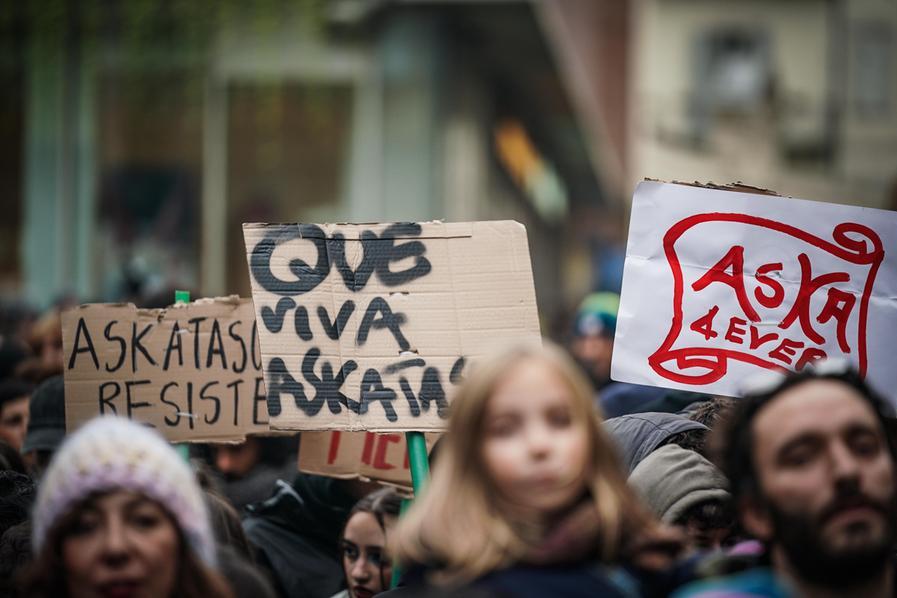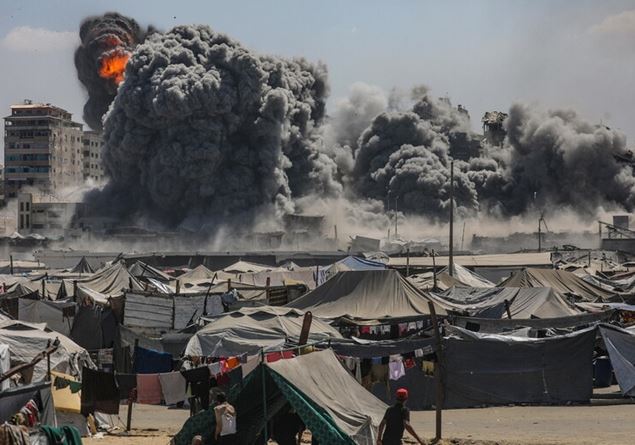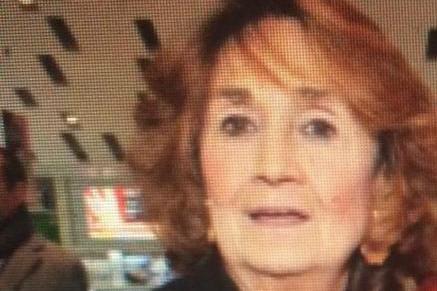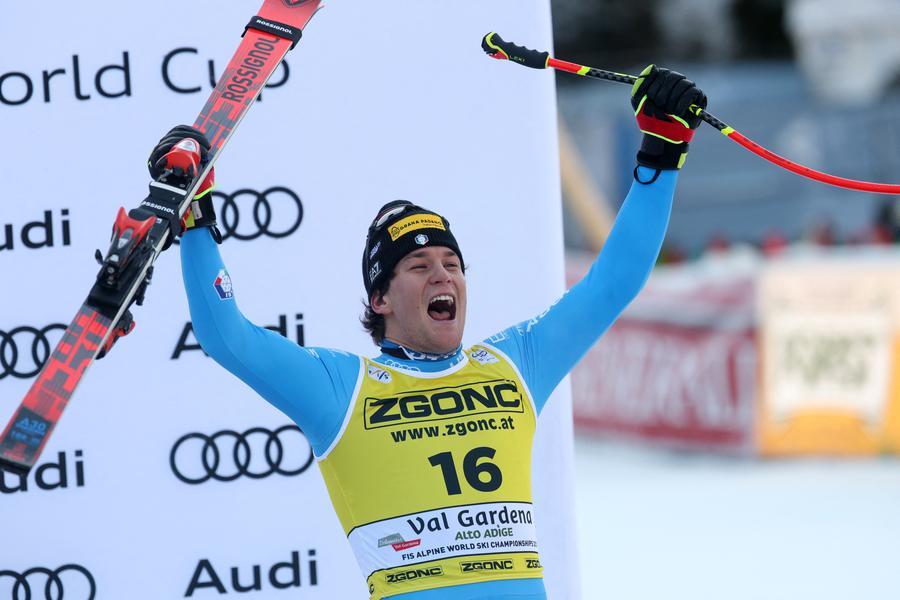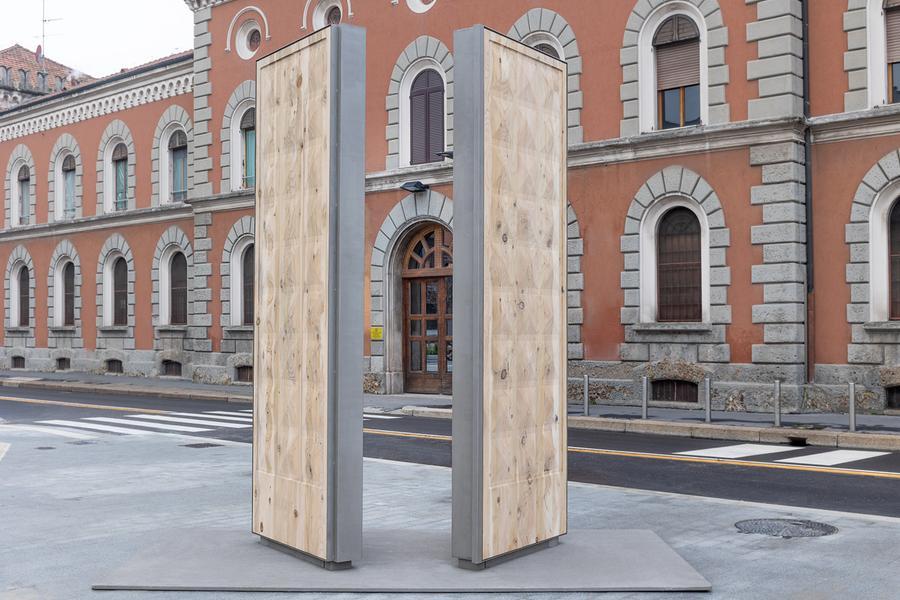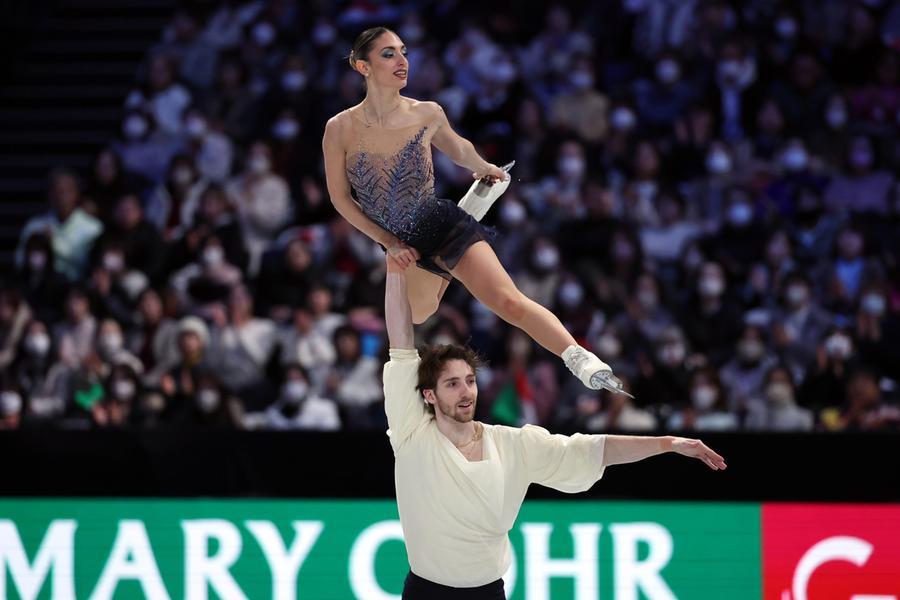The images come every day, increasingly similar to each other and increasingly unbearable: reduced buildings powder, children extracted from the rubble, bombarded hospitals, interminable files for a little water or for a piece of bread to be taken from those who hunger and thirsty created them. For months, Gaza has been hell for months. UNRWA calculates that Over two million people are trapped in a strip of devastated land, without escape routes, subjected to a siege that devoid of essential goods such as food, medicines, electricity. In whole neighborhoods, all that remains is to destruction.
Every day the bulletins speak of dozens of deaths, often women and children. Numbers that risk anesthetize, to become a faceless litany. But behind those figures there are canceled families, broken communities, stories of people forced to live under bombs.
And it’s not just Gaza. In the West Bank, in parallel, the Palestinians suffer the incessant advance of the Israeli settlers: demolished houses, confiscated lands, increasingly frequent and systematic violence. The roads are scattered with check-point that isolate villages and communities. Oxfam has launched a clear and clear appeal: to stop business with the settlers, because employment and apartheid cannot be normalized.
Yet despite this reality under everyone’s eyes, the international community appears inert. Europe stammering, the United States continue to guarantee military support to Israel, governments are limited to statements of circumstance. And public opinions often prefer not to see. Is what Monsignor Giovanni Ricchiuti, president of Pax Christi and Archbishop Emeritus of Altamura-Gravina-Acquaviva delle Fonti, defines “the ignor of the powerful”, but also of the ordinary people, of each of us.
In recent months Ricchiuti has been among the signatories of the international network of “Priests against genocide”an initiative that has collected over six hundred signatures of priests and bishops in the world. This is not an official document of the episcopal conferences, but of a personal and direct gesture of church men who do not want to remain silent in front of what they define without hesitation an ethnic cleaning.
Monsignor Ricchiuti was direct witness of Israeli restrictions. Last August, arriving at the Ben Gurion airport of Tel Aviv, saw the rejection and expulsion of Don Nandino Capovillaa historic exponent of Pax Christi. “Israel does not want uncomfortable witnesses,” he comments. But he continues to speak, to denounce, to mobilize consciences. We meet him for a long dialogue on the ongoing genocide, on the urgency of peace and the responsibilities of each.
Excellence, you have repeatedly used the word genocide to describe what is happening in Gaza. Isn’t it too heavy a term?
“It is not an exaggerated word. In Gaza we witness a project of systematic destruction. Thousands of civilians killed, bombed hospitals, affected schools, refugee camps transformed into tombs. In the West Bank violence and daily abuses. I believe that we have to call things with their name: it’s a genocide. Point. Then someone will be able to discuss whether it is a massacre or retaliation. But the substance does not change: it is the cancellation of a people. And in front of this we cannot be silent ».
Many, in Europe, argue that Israel is only “defending” and responding to October 7th but is it really that way?
«This word is used,” replies “to justify everything. Of course, none of us accept the violence of October 7, nobody justified Hamas’ attack and hostage socket. But the story does not start there. He begins decades earlier, with employment, the confiscations of lands, daily discrimination. To say that “it all starts on October 7” is false and unfair. What we see is not defended: it is annihilation ».
You chair Pax Christi, the international movement for peace. What does it mean today to be “prophets of peace”?
“It means going against the current. When the war in Ukraine broke out in 2022, we immediately said: “Tacciano Le weapi”. It was not naivety, it was aware that the military way would only multiply death and destruction. Three years later, the facts give us reason: more weapons, more victims, no peace. The same happens today with Gaza. Being prophets of peace means shouting that violence does not save, even if this exposes us to derision and accusations of naivety. But the evangelical consciousness cannot accept the logic of weapons ».
Many accuse pacifists of “weakening Europe”. How does it respond?
«This is the big lie that is told to us. It is said: those who do not accept weapons are not realistic, they just want to weaken the West. But the truth is that pacifists are the only voice that really proposes a different future. The marches, the events, the vigils of prayer, the caravans of peace in Ukraine and Palestine show that there is a people who do not resign themselves. I myself participated in one of these caravans, and I saw the concrete force of a commitment made of humanitarian help and nonviolent interposition ».
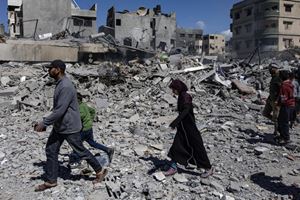
What role does the Church have in this context?
«Pope Francis has never stopped denouncing. He spoke clearly, asking for Tregue, condemning the massacres, invoking peace. But I believe that in many episcopal conferences, in Europe, it has not been done enough. I don’t remember a strong document of the European Episcopal Conference Council on Palestine. And this weighs. Caution is invoked, the ties to the Jews, which are our older brothers in faith are remembered. But in front of a people who are annihilated, we cannot limit ourselves to half words. For this reason, the network of “priests against genocide” was born: a personal appeal, not of associations, so that each priest and bishop assumes the responsibility to say a clear no ».
Over 800 signatures (on September 18) to the appeal: is it a strong signal?
«Yes, it’s an important sign. Of course, not all 35 thousand Italian priests have signed. But the provocation has come. It is not a question of taking sides – this is a military logic – but of proposing a path of conciliation, of peace. To say no to genocide does not mean being against someone: it means being on the side of life, of the poor, of the innocent. And this is the vocation of the Gospel ».
She was present when Don Nandino Capovilla was rejected to Tel Aviv. What impression did you do it?
“He was a slap in the face. Don Nandino is not an extremist, but a priest who has been walking alongside the Palestinian people for years, who believes in dialogue. It was expelled only because Israel does not want witnesses. But if a priest annoys, it means that his presence is precious. We will continue to go, to bring solidarity to testify. They will not stop us with rejections ».
Many wonder: but what can ordinary citizens do? Pray only?
«Praying is fundamental, but that’s not enough. Prayer must become commitment. A ordinary person can get informed better, break the unique narrative that dominates the media. It can participate in events, sign appeals, economically support NGOs and associations that work in Palestine. He can write to his political representatives to ask for the stop to the sale of weapons in Israel. It can bring the theme to the parishes, to the communities. And then it can do a simple but decisive thing: don’t keep silent. Because, I repeat, Silence is complicity».
She spoke of a dream, evoking Martin Luther King. Which?
“Yes, I said publicly:” I have a dream. ” And it is that the Pope goes to Gaza. Think about what it would mean: the bishop of Rome who enters a destroyed city, which embraces the injured children, who prays with the Palestinian families. It would be a prophetic gesture, capable of shaking the world. A sign that peace is not utopia, but concrete choice. I don’t know if and when it happens, but I will continue to dream of it, because peace needs strong symbols. And a Pope in Gaza would change the story ».


